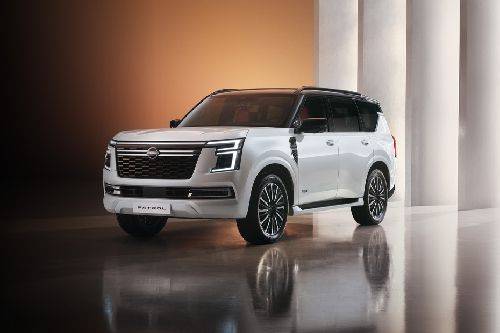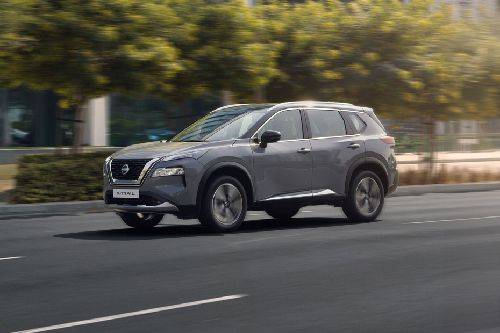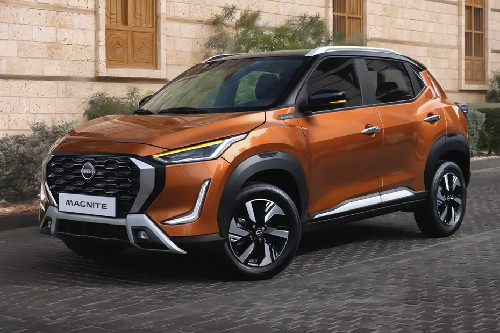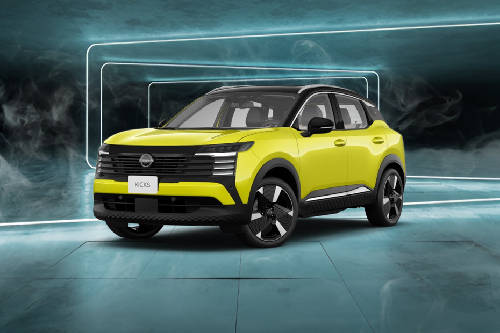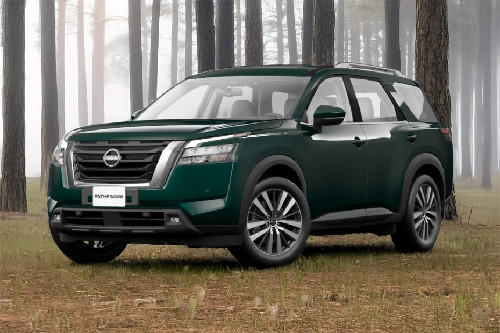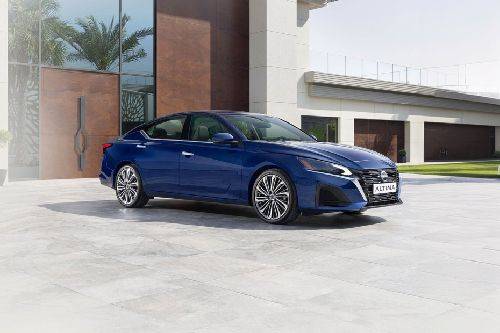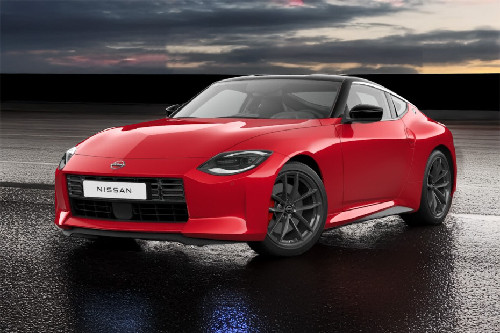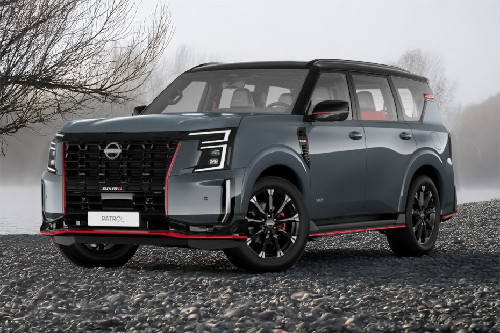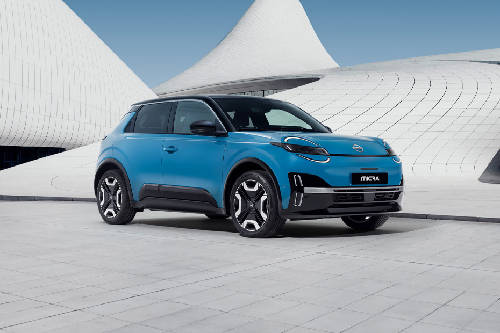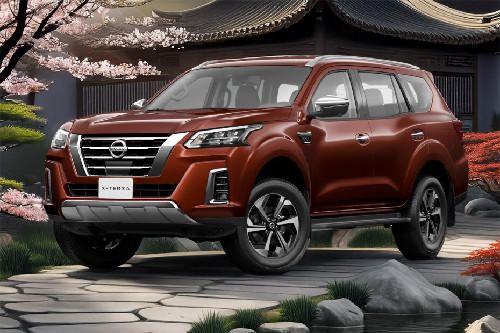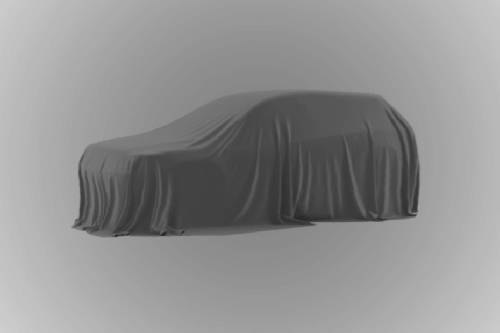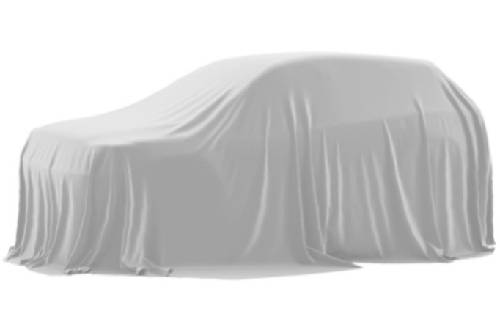Why Diesel Cars Are Still Popular in Saudi Arabia in 2025

Saudi Arabia : The world of automotive is in the midst of an electric vehicle revolution, as globally, the focus is on sustainable transportation. The wave of rising greenhouse gases and environmental damage, along with polluted air and limited availability of oil reserves, pushed the automotive sector towards green vehicles.
KEY TAKEAWAYS
Why are diesel cars still popular in Saudi Arabia?
Diesel cars are popular due to lower fuel costs, strong torque for long-distance driving, durability in harsh conditions, and practicality for SUVs/pickups used by families & fleets.How does diesel compare to EVs in Saudi Arabia's market?
EVs are growing with government support & Vision 2030 plans, but diesel remains preferred for long-distance, heavy-duty use & affordability; EVs face challenges like charging infrastructure & higher costs.While the gradual EV shift is taking place, largely led by China, the traditional IC engine-driven vehicles are here to stay for a while.
In this context, automobiles or cars, in particular, continue to be driven by fossil fuels, petrol and diesel. When people talk about the future of cars, diesel rarely comes up, but in Saudi Arabia in 2025, than ever, diesel cars are still everywhere. From pickups on desert roads to long-haul trucks moving goods across the Kingdom, diesel continues to matter and rules the roost.
So, when the future of transportation looks electric, hybrid and hydrogen, what makes diesel so popular? For some, it may sound surprising, but the reasons are practical and make diesel cars far more user-friendly, compelling and also affordable too.
Let’s break down why diesel cars haven’t lost their grip here.
Price Advantage
Fuel in Saudi Arabia is cheaper than in most countries, thanks to government pricing. Even then, diesel usually costs less than petrol. That small gap makes a big difference if you drive thousands of kilometres each month. For many Saudis, cars aren’t just for city commutes. A lot of people cover long distances, say Riyadh to Jeddah, or Dammam to Abha. That’s hours of driving. A diesel tank stretches further and doesn’t burn as quickly, so fewer stops and lower bills. Logistics companies notice this even more. When you’re running a fleet of trucks, every riyal saved on fuel adds up across hundreds of vehicles. For them, diesel isn’t a preference. It’s basic economics.
Solid Built
Saudi Arabia is big, if you care to look at our geographical spread. We’re blessed with abundant land mass. Driving between major cities often means hours on the road with little in between. This isn’t like anywhere in the world, where cities are close together and public transport fills the gaps. Here, the car is king, and dependability, reliability and endurance make a huge difference.
And, it is here that the diesel technology comes into play; these engines are built for such a use-case scenario. They offer a compelling proposition- comprising strong torque, which means plenty of pulling power even when the car is loaded with passengers or cargo. On wide highways, they are so effortless to cruise, you hardly have an alternative to say the least. And when you need to overtake a slower vehicle on a long stretch, that torque makes it easy. And, believe it or not, an average driver, a business person or even families value this too. Large SUVs, many of them diesel-powered, remain popular for road trips. Load the car with kids, luggage, and supplies, and a diesel engine still keeps the drive smooth and steady.
Durability
Another regular aspect of our country is the weather, which isn’t really kind for faint-hearted machines. Summers are brutally hot. Dust and sand can be relentless. Any car that isn’t built struggles here. Again, diesel engines have an over-decade of reliability and have a reputation for strength. With the right care, they run for hundreds of thousands of kilometres. They don’t wear out as quickly under heavy loads or long-distance stress. That’s why many Saudis, especially in rural areas, continue to pick diesel vehicles. They know the engine will keep going year after year.
Fleet operators just can’t think beyond diesel, and for valid and practical reasons. Take, for example, buses, trucks, and vans; downtime is expensive. A reliable diesel engine that keeps working in extreme conditions is worth more than any shiny new tech.
Power and Culture
Look at Saudi car sales, and it is not hard to notice what dominates the sales. SUVS and Pickups stand out. The Toyota Land Cruiser, Nissan Patrol, Ford F-150, and Chevrolet Silverado are household names for decades now, and for perfect reasons. Many of these models offer diesel engines, and drivers who use them for off-road trips or towing often choose that option.
Diesel isn’t about speed. It’s about steady, dependable power. Take desert driving, for example. A diesel SUV with high torque can handle soft sand better than a petrol equivalent, especially when fully loaded. For anyone who spends weekends camping in the desert, diesel feels like the smarter choice. The same goes for pickup trucks. Farmers, construction crews, and transport companies prefer diesel because it gives them the muscle they need. And once that habit sets in, it carries over to personal car choices, too.
Cost of Ownership
If one has to look beyond fuel and durability, diesel cars mostly hold their value well in Saudi Arabia. Even used diesel pickups and SUVs are always in demand, particularly in rural and industrial regions. That makes them a safer bet for buyers who might want to sell or upgrade later. One slight drawback is the maintenance, which may be pricier compared to petrol engines, but the longer lifespan usually balances it out. Owners who take out serious mileage often find diesel cheaper in the long run.
Slow Shift To Alternative
Like we discussed at the beginning, EVs are coming; they’re the future all over the world, not just in Saudi Arabia. Even our government is encouraging the adoption of EVs, as it is investing massively in charging stations and clean mobility. Luxury EV maker, Lucid, has set up a manufacturing footprint right here in the Kingdom. This is further bolstered by a host of Chinese EV makers entering the market. And younger buyers are curious about EVs, they’re really for new generations of buyers, sleek, cool and full of tech.
-However, this is a gradual trend, and the shift isn’t happening overnight. Many buyers are cautious, for obvious reasons. There are concerns about charging times and finding a station outside the big cities. For someone who drives from Riyadh to Mecca regularly, a petrol or diesel tank feels safer than relying on charging infrastructure that’s still expanding. Then, the elephant in the room, which is obviously the cost, matters the most to every single buyer, whether affordable or luxury. EVs are still expensive compared to traditional vehicles. Until prices fall further, diesel and petrol cars will remain more accessible for most buyers.
Ease of Use
Another reason diesel sticks around is a simple habit, which has been developed over generations. Many families have owned diesel SUVs or pickups for decades. Fleet operators, trucking or freight companies always choose diesel as their choice of fuel for the benefits it offers. Similarly, farmers or other businesspeople trust it. These habits don’t change easily, even when new technology arrives. Buyers know what to expect with diesel. They understand the maintenance, the fuel, and the driving style. For a whole host of buyers, what they choose is something they feel comfortable with, and the change is hard to come, in context, when the alternative feels new and uncertain.
Government Push
All of us are well aware that just like the rest of the world, the government in Saudi Arabia is also gradually moving towards cleaner mobility. This is just an irreversible trend for the future of our plant, and the Vision 2030 plan clearly states ambitious targets for EV adoption in the Kingdom. There are initiatives, including subsidies, charging networks, and even domestic EV production, that are all part of that policy. All of this, knowing well that diesel won’t just disappear.
Segments of the transportation, including Trucks, buses, and heavy machinery, all depend on it, and replacing them isn’t going to take place quickly, at least a solid alternative is available for the larger user base. Until that happens, cleaner diesel technology and better emission controls are likely to play a role. Over the next decade, we can expect more hybrids and EVs to take share, especially in cities. But in rural areas, and for heavy-duty use, diesel will remain important.
Conclusion
Diesel cars in Saudi Arabia are not about style or trend, but for sure, they represent far more; they’re about practicality. Affordable to run, convenient for long-distance, offer comfort, durability in tough conditions, and are highly familiar to use. All of this suggests diesel is likely to stay around, and even preferred. Parallel technologies, be it EVs, hybrid, or hydrogen, will evolve, grow, and mature, like any new technology. Petrol cars will keep selling.
But for now, in 2025, diesel is still part of everyday life on Saudi roads. And as long as families, fleets, and farmers need reliable power at a reasonable cost, diesel isn’t going anywhere.
Nissan Car Models
Automotive News and Reviews
- Latest
- Popular
You might also be interested in
- News
- Featured Stories
Featured Car
- Latest
- Upcoming
- Popular

